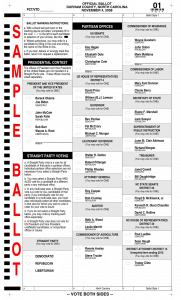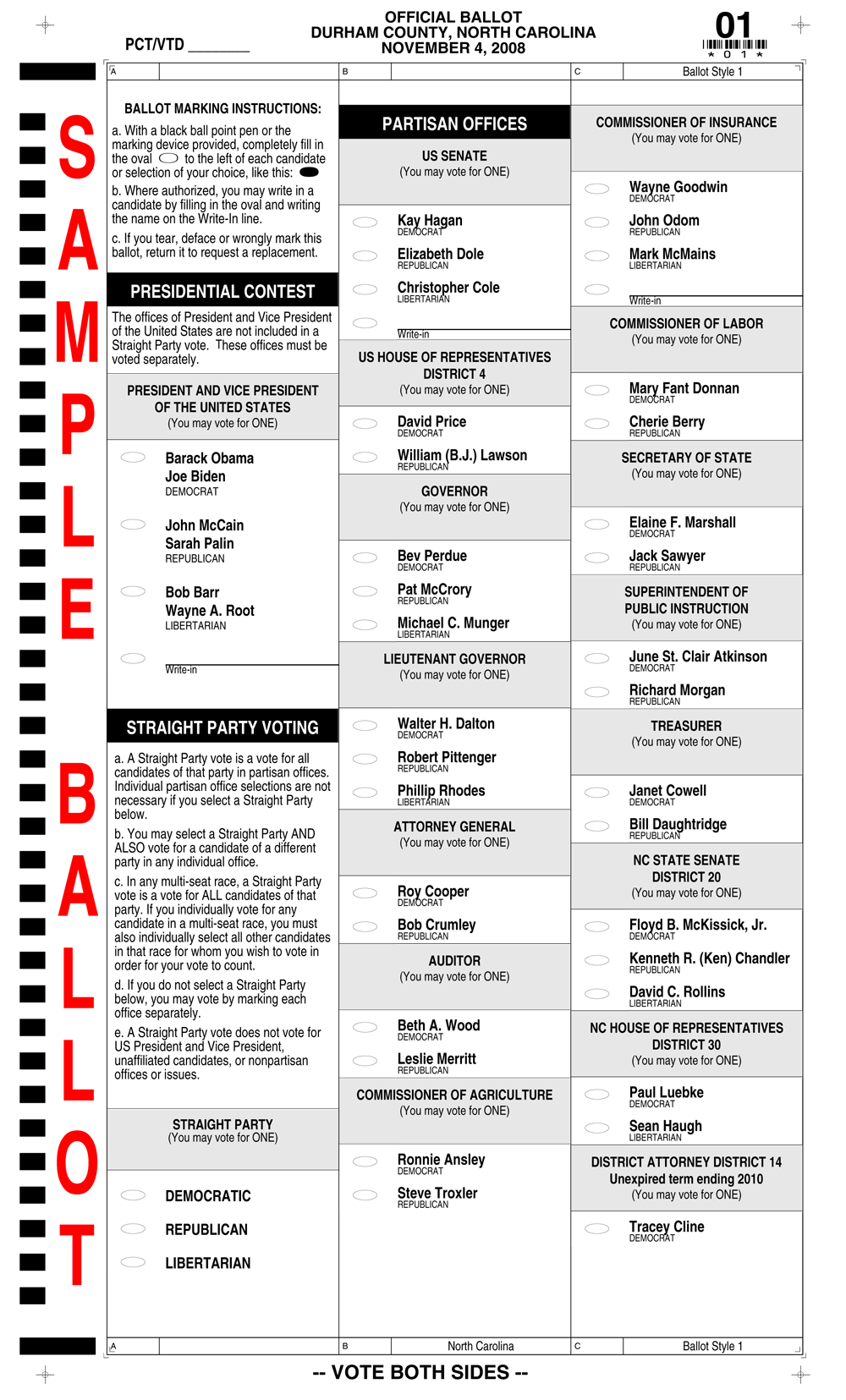
With turning eighteen comes many opportunities: lottery tickets, cigarettes and porn. However, eighteen year olds are also granted the right to vote, a far more productive option.
During Constitution week, September 12-16, 282 Leesville students were registered to vote. Ms. Nusbaum named the responsibilities of new voters: “Being a good citizen, new voters should follow the news, stay informed, and there’s lots of websites that [they] can follow.”
Emily Farmer, senior and new voter, said, “I’ve been paying more attention to the news and trying to be more aware of what’s going on. Also, I’ve been thinking about who I’m going to vote for next year.”
People may wonder if 18-year-old high school students are mature enough to vote even if they can find a job, join the military, complete high school and attend college. However, Nusbaum believes eighteen year olds are mature enough: “They have enough experience and opinions to justify being able to vote.”
In 1971, the voting age limit was lowered from 21 to 18 in effort to increase the number of potential voters. However, according to post-gazette.com, at the 1972 election, only half of newly eligible voters decided to vote. “I think [young voters] just don’t see it as a priority yet, because they haven’t been directly effected by a lot of the things that concern tax payers,” said Ms. Nusbaum.
Without having much real world experience, new voters mostly base their opinions off of their family’s views.
Kelsey Gilmore, said, “I’ve kind of taken what my parents view, and then adapted it to my own view. I share some of their views, but not all of them.”
However, Ben Tim, Junior, has differing views from his parents. “My political view was influenced by books and the news. I differed from my parents on issues of the military, which was influenced by my right-wing cousin.”
“Over time [students’ views] could change, as they go to college, get out of the house, and experience more people,” said Nusbaum.
Candidates focus on issues directed at middle-aged and older age groups, such as taxes, health care, and social security. The older population has a much stronger turnout than the younger, so potential leaders direct their messages toward this majority. According to Edutopia.com, only one in five people ages 18-25 actually votes.
Farmer adds, “[Voting] is a big deal because that’s where I get to help decide what’s going to happen in the future. It may seem silly because it’s just one vote, and it probably won’t change that much, but at least I did my part to make sure that the country goes the way I think it should go.”

Leave a Reply